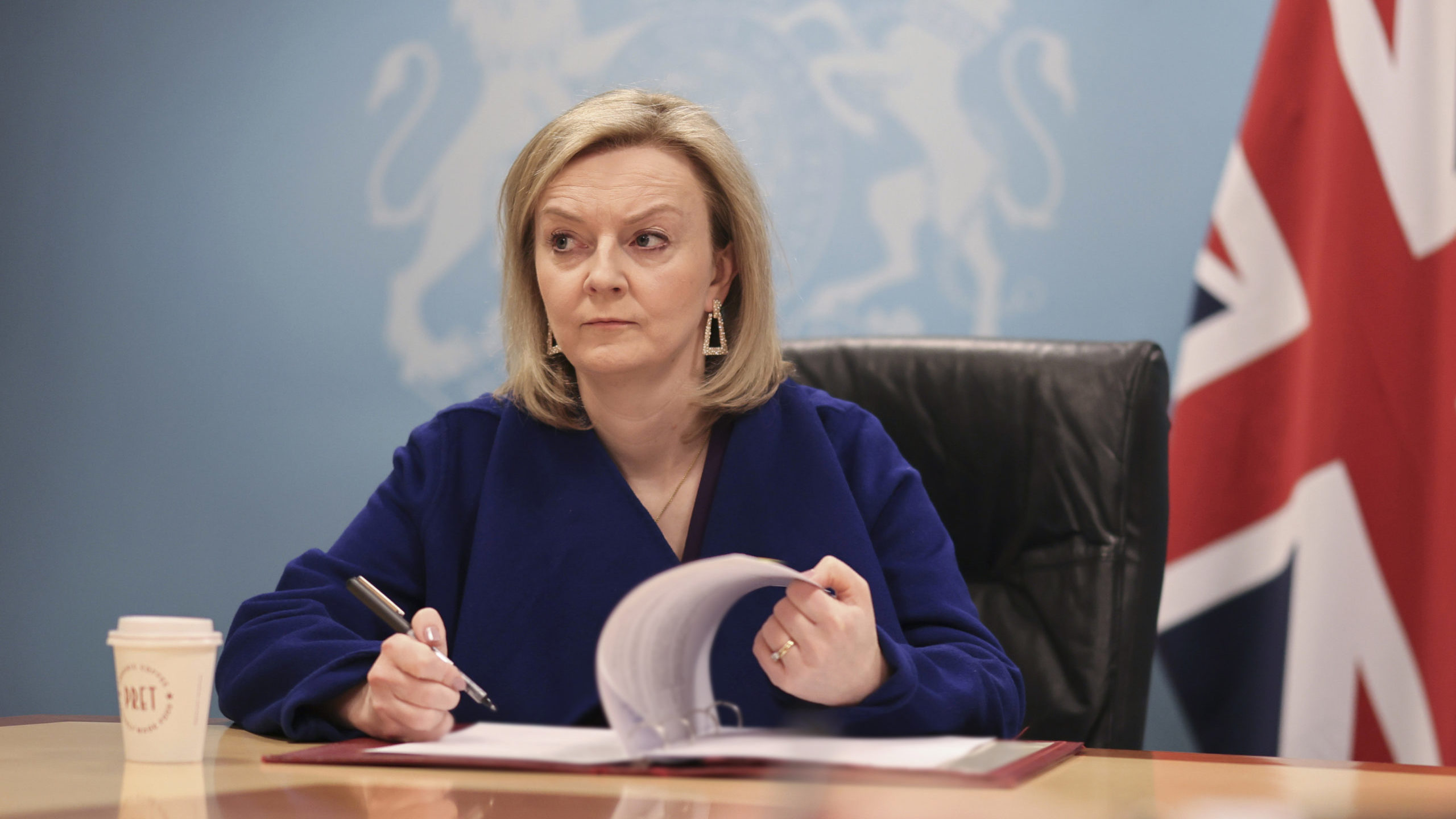The winter to come is going to be tough at best, and much worse than that for many. With energy, food, rent and other costs skyrocketing, millions will be unable to pay the bills they will be presented with in the coming months unless the government steps in to help them.
The obvious question is how many millions might need help? My estimate is that this crisis will be almost unmanageable for four in 10 households in the UK. More than that, many households on or around average national income will also struggle with their bills and even some earning well above average will have difficulties.
That will most especially be the case if interest rates double from where they are now, as is predicted, and mortgage rates and rents increase substantially as a result. For the first time that I can recall a majority of people in this country are facing an economic crisis that few have the ability to manage from within their own resources. If ever there was a definition of a crisis requiring government action, that is it.
- What should Liz Truss do in her first 100 days to address the cost of living crisis?
- What should Liz Truss do in her first 100 days to tackle the climate crisis?
- What should Liz Truss do in her first 100 days to make levelling up happen?
- What should Liz Truss do in their first 100 days do to tackle the housing crisis?
Things are, however, worse than the crisis facing households implies. It takes little imagination to realise that if households are unable to pay their most basic bills then they will also have little or no money left over to spend on anything else. That means that many leisure, retail and hospitality businesses are going to face massive problems surviving the coming winter as their customers desert them. The fact that these businesses’ energy bills are rising faster than those for households will make matters even more difficult for them. We are already hearing of pubs, cafes and chip shops closing. Things will get very much worse, and unemployment is going to increase rapidly unless action is taken very soon.
So, what can be done? The answer is that whatever she says her Conservative instincts might be, Liz Truss as incoming prime minister needs to act on the most massive scale to save the economy, the country, society and millions of households from ruin. I have suggested that supporting households with their energy bills might cost a little over £40billion a year. Preventing schools, hospitals, schools, public transport, and many other services from failing (plus paying decent pay rises for those working in them) might cost £80bn, while business will need at least £20bn, and maybe much more, of support to stay afloat. Call it around £150bn of necessary spending just to give us a chance of making it through the winter.
This is serious money, but nothing more than was spent to save banks in 2008 and to pay for the Covid lockdown in 2020. In both those cases the government did not turn to taxpayers for the money it needed. Nor did it borrow it from financial markets. Instead it created new money to tackle these crises, with the government in effect borrowing from the Bank of England to spend what was necessary. Quantitative easing disguised, complicated and even confused this process, but the reality is that the government simply shook the magic money tree and created £900bn of new cash to pay for these crises.









